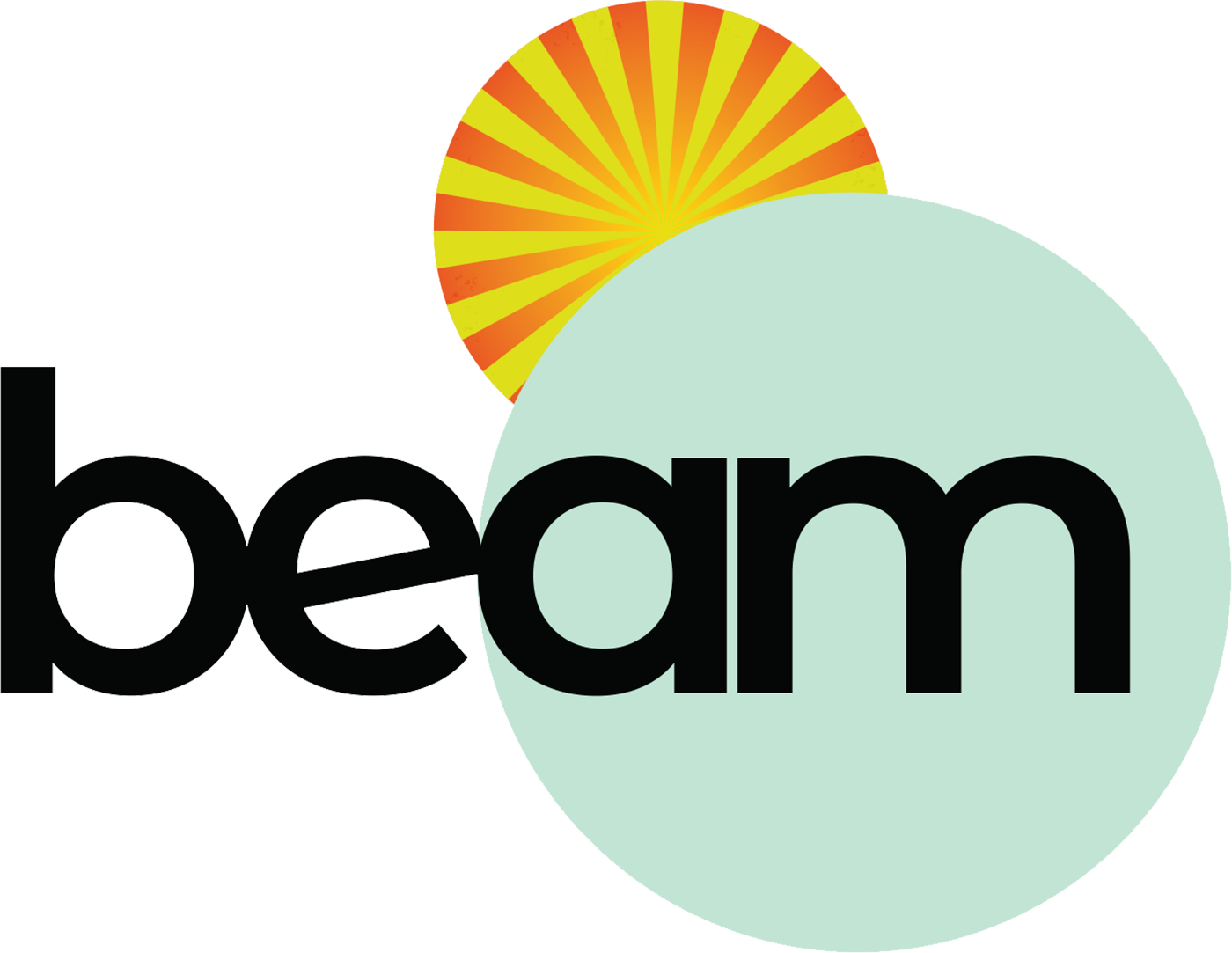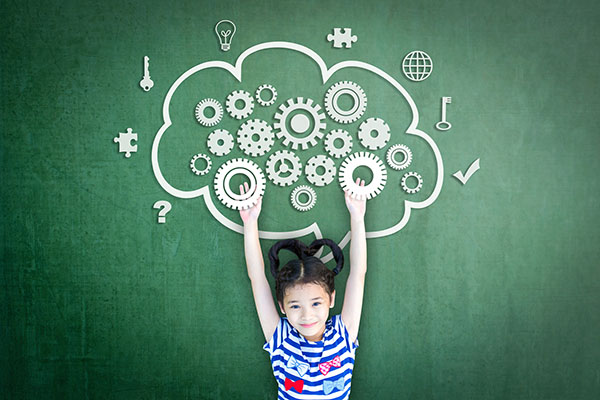“In other words, children with good self-regulation are aware, flexible, and creative—and, importantly, they are empowered to reason for themselves. “Self-regulation is a much bigger deal than simple self-control,” writes Clabough. “It’s not just the ability to pause behavior, but it’s having the flexibility to pivot behavior…the ability to blaze a trail toward a goal, while still preserving trust and reciprocity in those around you.””
Yet – how to??
When dysregulation or distress/upset is repeatedly met with co-regulation – i.e. being soothed or calming through/with a trusted caregiver, we begin to recognize our own individual wants and needs – and ultimately develop the capacity for self-regulation.

